DENVER — Colorado lawmakers are considering changes to a key ballot measure aimed at funding the state’s Healthy School Meals for All program while also helping families impacted by recent federal cuts to food assistance benefits.
Proposition MM, which goes before voters in November 2025, was initially designed to raise an additional $95 million annually through increased income taxes on households earning $300,000 or more. The revenue would sustain the two-year-old program that provides free school meals to all Colorado students.
However, lawmakers now want to amend the measure through Senate Bill 3, which would allow any leftover funds from Proposition MM to be used to cover costs associated with cuts to the federal Supplemental Nutrition Assistance Program (SNAP). The bill passed its first hearing 7-2 in the Senate Health and Human Services Committee and will next be heard by the full Senate.
“If voters approve MM, we can both protect access to nutritious school meals for every child and help safeguard SNAP as families face devastating federal cuts,” said Anya Rose, policy director at Hunger Free Colorado.
Impact of Federal Cuts
The SNAP cuts follow Congress’s approval of a tax and domestic policy package nicknamed the “big beautiful bill”, signed by President Donald Trump in July 2025. The law:
-
Ends work-exemption benefits for certain adults, including veterans and former foster youth.
-
Shifts more administrative costs to states.
State Sen. Dafna Michaelson-Jenet emphasized SNAP’s importance, noting it supports 300,000+ low-income Colorado families and provides about 48 meals per month per household.
“SNAP allows families to purchase the foods they need and strengthens local economies while supporting our farmers and ranchers,” she said.
Ballot Measures at a Glance
-
Proposition MM → Raises funds through tax increases to sustain free school meals; now potentially helps offset SNAP cuts.
-
Proposition LL → Lets the state keep existing collected funds for the program. (Senate Bill 3 does not change this measure.)
If voters reject both measures, free school meals would end for many students. Schools in low-income districts qualifying for federal aid would still receive no-cost meals, but many families would need to apply for free or reduced-price lunches.
Budget Challenges Ahead
Colorado faces an $800 million budget shortfall after federal tax code changes slashed $1.2 billion from state revenue, mainly from corporate taxes. Gov. Jared Polis called a special legislative session to address the gap.
“This isn’t about rhetoric; this is about hard numbers and balancing our budget,” Polis said. “We’re working with the General Assembly to fix this revenue shortage immediately.”
In addition to school meals and SNAP, lawmakers are also tackling health insurance premium hikes, AI law revisions, and funding for essential services like Planned Parenthood and other public benefits.
This article has been carefully fact-checked by our editorial team to ensure accuracy and eliminate any misleading information. We are committed to maintaining the highest standards of integrity in our content.

Katie is a senior who has been on staff for three years. Her favorite type of stories to write is reviews and features. Katie’s favorite ice cream flavor is strawberry.


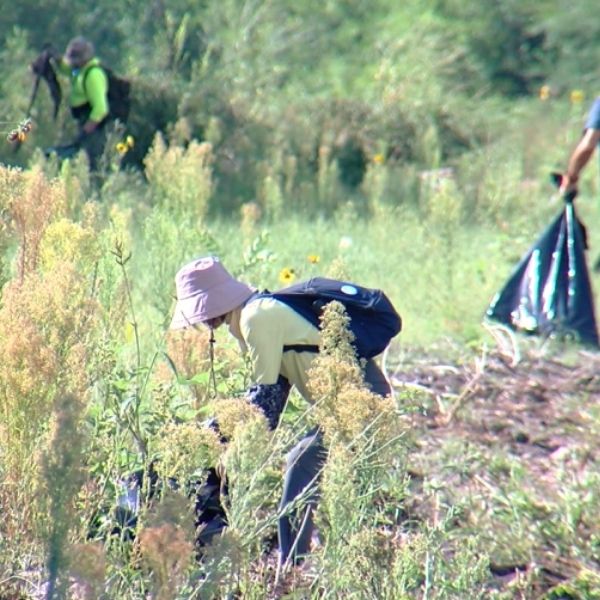



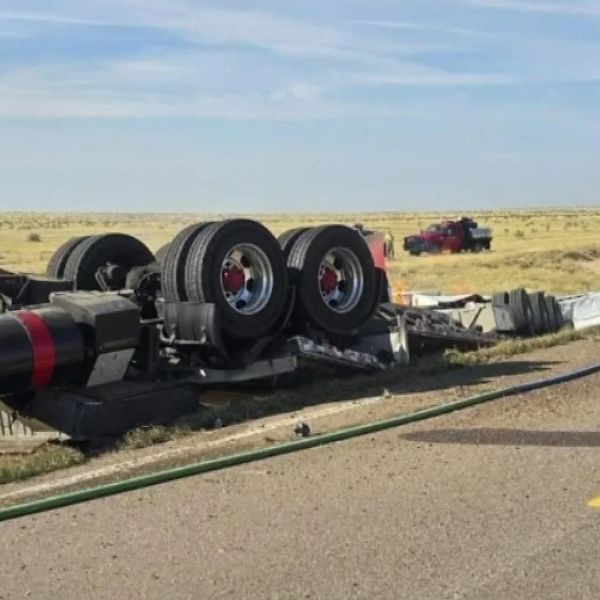
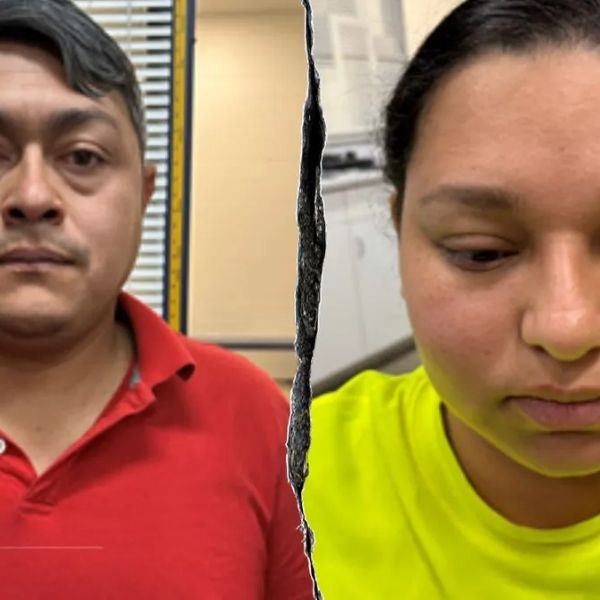
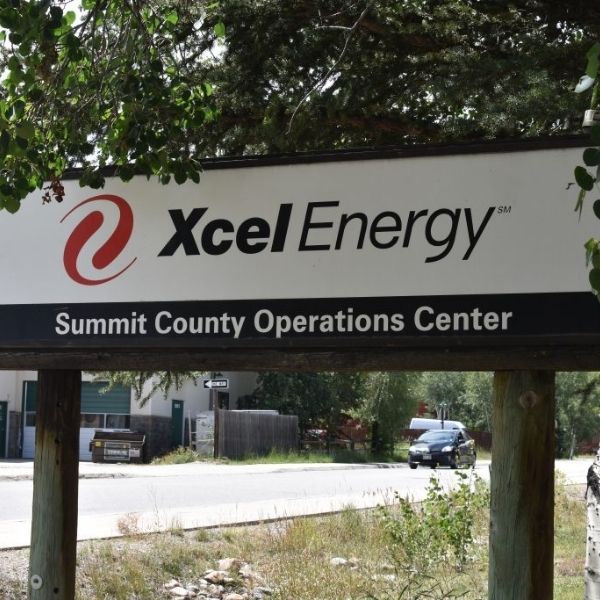
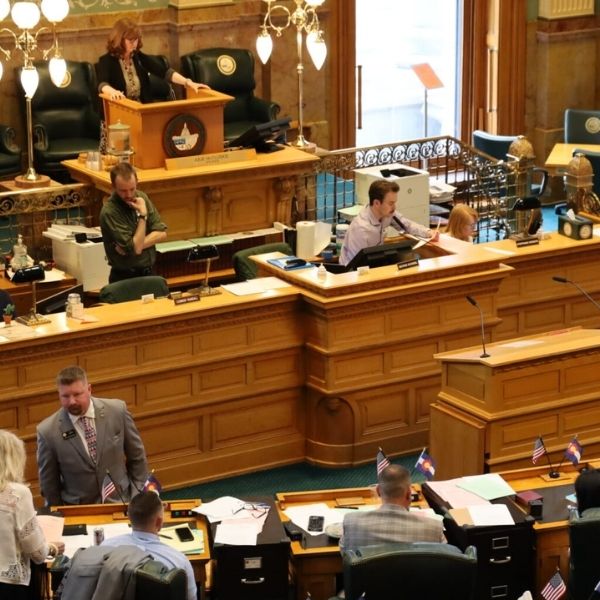

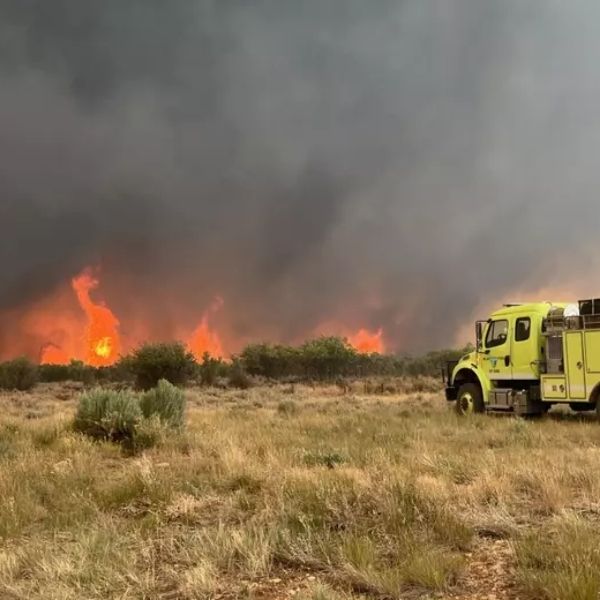



Leave a Reply